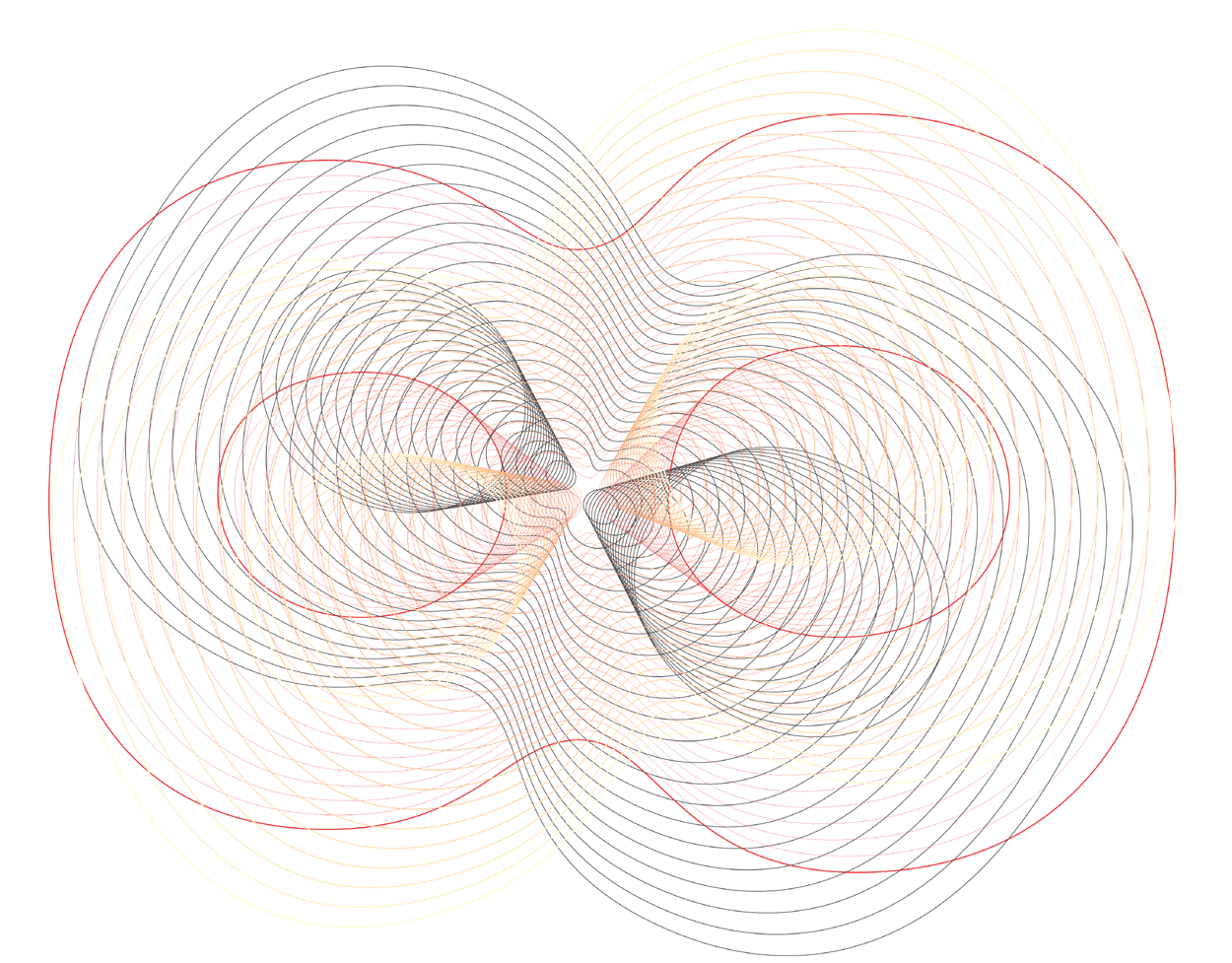On 13 November, a Q&A session followed the screening of Closeness, a debut feature by Kantemir Balagov. The pleasant talk with the lead actress, Darya Zhovner, moderated by Jedrt Jež Furlan and translated by Daša Cerar, took place at the Kinodvor Cinema Café. The conversation was animated and fascinating, we learnt a great deal about how it was to work with the young director and about his method. Balagov was very strict and demanding, and did not leave much space for improvisation. Closeness addresses the issue of abduction and the risks a family has to take to raise the money for the ransom. Not only forced to sell all their belongings – the family also has to sell their daughter into an arranged marriage. Nevertheless, the wilful, independent girl is bent on having it her own way and eventually succeeds in saving her brother. Zhovner further explained that such kidnappings happened to wealthy families in the North Caucasus, and that Jewish women were more temperamental and Jewish families less patriarchal than other communities, which is not the picture projected in the movie: namely, arranged marriages are common in traditional patriarchal communities, where the brides are actually sold.
The film’s most provocative sequence is the actual footage from the Dagestan Beheading Massacre showing Chechens beheading Russian prisoners of war. Supposedly, the footage occasioned walkouts during the Cannes screening. Darya Zhovner concluded by elaborating on the director’s exploration of family ties, “You allow yourself to behave differently with your family members than other people, and the director sought to convey this duality in the movie.” Kantemir Balagov undeniably succeeded in his aim to illustrate the complexity of family relationships. So, do not miss the last screening of Closeness on 16 November at the Kinodvor Cinema.
Nataša Šušteršič
Written by Nataša Šušteršič
Photo Iztok Dimc



